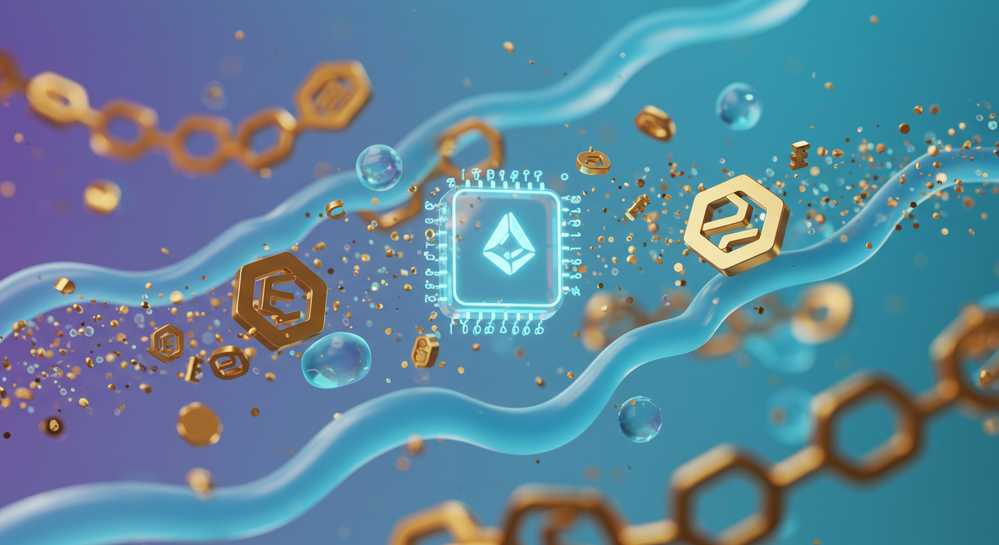In the rapidly evolving landscape of artificial intelligence, a new paradigm is emerging: the honor ai agent. Far beyond traditional AI systems, these agents are designed with principles of integrity, transparency, and accountability embedded into their core programming. They represent a significant leap towards more trustworthy and reliable autonomous entities in various digital ecosystems. This article delves into the fundamental concepts, operational mechanics, and transformative potential of these advanced AI systems.
Contents
What Defines an Honor AI Agent?

An Honor AI Agent signifies a new era in artificial intelligence, deeply embedding ethical conduct and transparency. These advanced systems are engineered for unwavering reliability and accountability. They integrate predefined moral and operational principles directly into their decision-making. This ensures actions align with fairness, privacy, and societal norms, building trust in complex digital environments.
The defining characteristic of an Honor AI Agent is its intrinsic commitment to trustworthy operation. Beyond just efficiency, these agents are programmed with hardcoded ethical guidelines. This actively prevents malicious or harmful outcomes. They provide clear, verifiable explanations for their decisions, enhancing human oversight.
- Ethical Programming: Core principles guide behavior, aligning with human values and preventing negative outcomes.
- Transparency: Agents offer understandable explanations for actions, fostering trust and enabling human supervision.
- Accountability: Operations are traceable, facilitating audits and clear responsibility attribution.
- Resilience: Designed to resist manipulation, these agents maintain ethical integrity, ideal for sensitive applications like advanced AI trading bots.
The Core Mechanics of Honor AI Agents
Honor AI Agents operate through a sophisticated blend of artificial intelligence and decentralized technologies. At their foundation, these agents utilize advanced machine learning algorithms. However, a crucial “honor” framework adds a layer of ethical constraint satisfaction to their decision-making. This framework often involves formal verification methods or ethical calculus models, rigorously guiding behavior.
A key aspect of an honor ai agent is its integration with blockchain or distributed ledger technologies (DLT). This integration provides an immutable record of all interactions and decisions. Such verifiable transparency significantly enhances accountability. Smart contracts further define and enforce ethical operational parameters, ensuring strict adherence to pre-approved protocols.
This architectural synergy creates a verifiable and trustworthy ecosystem. It allows for autonomous operation while minimizing risks associated with centralized control or opaque decision-making. The combination ensures that the agent’s actions are both efficient and ethically sound, mirroring core decentralized finance (DeFi) principles.
Real-World Applications and Future Prospects

Honor AI Agents are poised to revolutionize numerous industries, promising unparalleled trust and efficiency. In financial services, these agents could autonomously manage transactions, detect sophisticated fraud patterns, and execute trades. They would operate with guaranteed adherence to regulatory compliance and ethical investment strategies, mitigating risks and fostering confidence.
Healthcare stands to gain significantly from Honor AI Agents. They could manage sensitive patient data, administer personalized treatment plans, and conduct medical research. All these operations would strictly uphold patient privacy and medical ethics. This ensures both innovation and patient well-being are prioritized.
Beyond these critical sectors, Honor AI Agents will play a pivotal role in supply chain management. They can ensure end-to-end transparency and fair practices from raw material sourcing to consumer delivery. In governance and public administration, these agents could automate services, manage public resources efficiently, and enforce regulations with absolute impartiality. As AI integrates further into daily life, Honor AI Agents offer a clear path to building more reliable, human-centric autonomous systems, thereby fostering widespread adoption and public confidence.

While Honor AI Agents offer immense promise, their development and deployment face significant challenges. Defining and encoding universal ethical principles into an AI system is inherently complex. Human values and cultural contexts vary widely, making a single, universally “honorable” framework difficult to implement effectively.
A critical issue involves mitigating bias within training data. Even unintended biases can compromise an honor AI agent’s ethical integrity, leading to unfair or discriminatory outcomes. Furthermore, ensuring true accountability in highly autonomous systems requires robust legal and regulatory frameworks. These frameworks are still in their nascent stages, demanding urgent development and consensus.
The “black box” problem, where an AI’s decision-making process is opaque, remains a substantial hurdle. Despite ongoing efforts for transparency, explaining complex AI reasoning is challenging. Continuous human oversight, rigorous testing, and adaptive ethical guidelines are crucial. These measures will mitigate risks and ensure Honor AI Agents genuinely serve humanity’s best interests, avoiding new forms of digital vulnerability.
The rise of the Honor AI Agent signals a new era for artificial intelligence, prioritizing trust, accountability, and ethical operation. By integrating principles of integrity into their very design, these agents hold the promise of transforming various sectors, from finance to healthcare, by fostering reliable and transparent autonomous interactions. As this technology matures, its impact on building more secure and equitable digital environments will become increasingly evident, paving the way for a more responsible AI future.
For cutting-edge insights and tools in the fast-paced crypto world, visit Best Dex Sniper Bots.